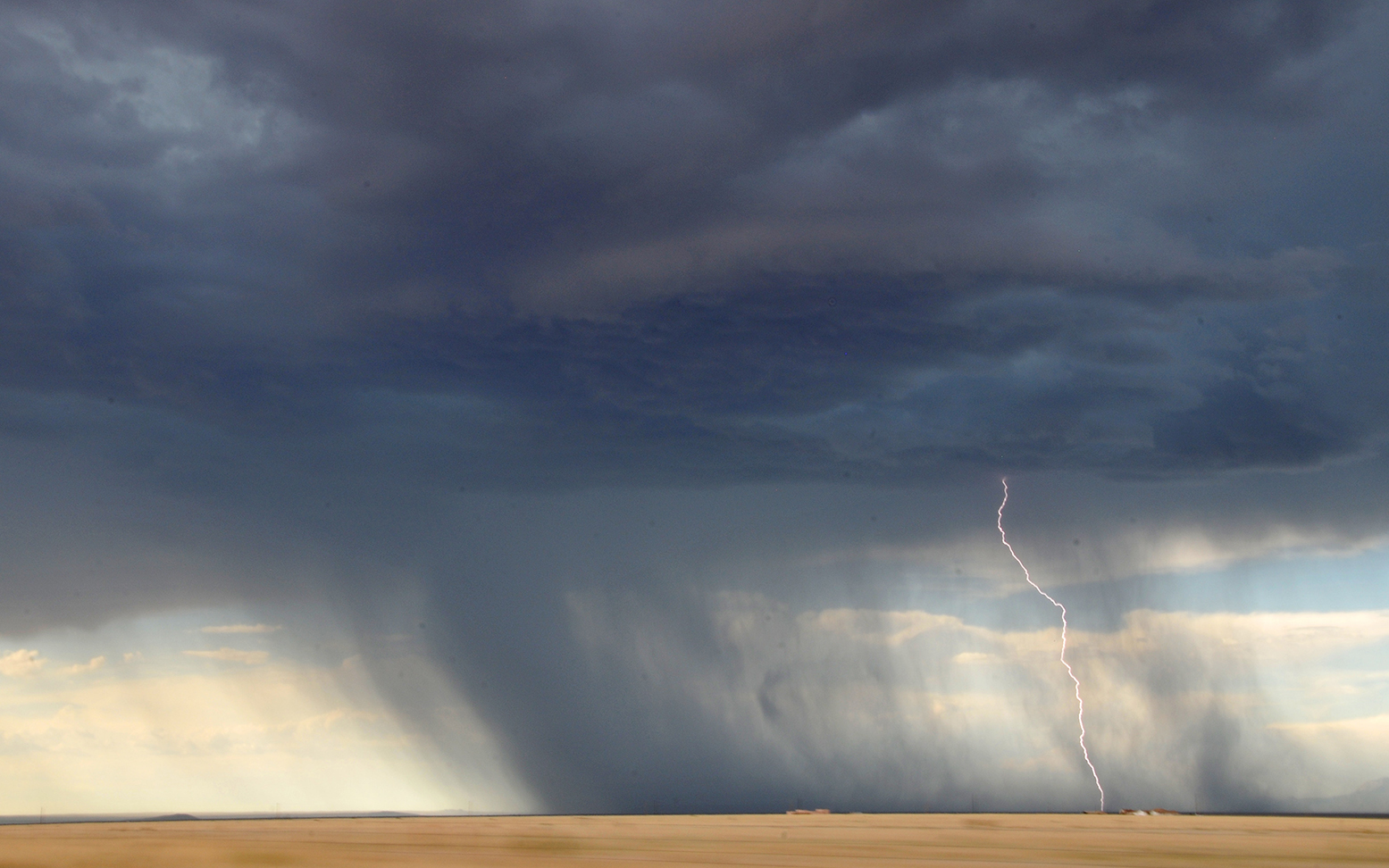I recently read through the books of the New Testament and, of them all, I found the letters of Paul to be my favorites. His “tell it like it is” style never gets old and is consistently refreshing and poignant.
In Paul’s second letter to the Corinthians, he cuts right to the chase and comforts Christians in Corinth in their suffering for Christ:
"Now if we are afflicted, it is for your consolation and salvation, which is effective for enduring the same sufferings which we also suffer. Or if we are comforted, it is for your consolation and salvation. And our hope for you is steadfast, because we know that as you are partakers of the sufferings, so also you will partake of the consolation" (2 Corinthians 1:6-7, emphasis added.)
Paul ties together the idea that suffering leads to consolation and affliction leads to salvation. In our common human way of thinking, this does not make sense. Why would something bad be for our good? How does that work in a practical sense? As I meditated on this Scripture, God reminded me of a particular event that occurred during my freshman year of college.
Many years ago, I attended a Bible college that was in what seemed to be the stormiest, wettest, and hottest part of Florida. Rain blew in off the ocean at irregular intervals. We had a saying: “If you don’t like the weather, wait 10 minutes and it will change.” One particular morning in the chapel service before class, it was raining cats and dogs outside, which was not uncommon. As the service ended and we all stood up to leave, the music director got up and told us all to sit down again. This was odd and the young man who sat next to me, a senior who had never said a word to me since the day we first got our assigned seats, became very flustered. “I have a test next hour,” he complained. “I need the time between chapel and class to study. Why are they keeping us here?"
The music director led us in a song. And then another song. And another. With each additional song, the young man next to me became more and more flustered. “This is ridiculous!” he hissed. Meanwhile, the rain roared louder and louder outside, nearly drowning out the music. The song director’s awkward expression showed that he was waiting for a cue from someone off stage to stop him when the time was right.
Finally, they dismissed us and the young man next to me took off running as fast as he could to get ahead of the 4000+ student body as they emptied out of the building. When I finally reached the door, I saw what had happened outside. There was a 6-inch deep river running down the street. Normally I might have looked for a different way around, but the pressing crowd of students was fording the torrent of water and I was pushed along with them. Needless to say, with the pouring rain and ankle deep water, we were very wet and cold. My book bag was completely soaked through. To this day, my chapel bible still has a water stained portion that serves as a reminder.
It was not until later that week that I found out what actually happened. The revelation came via an article that was printed and hung on the bulletin board in our dorm lobby. The article title went something like this: “Tornado hits mall, flips cars and damages roof.” Yet the most disconcerting thing about the article was the picture. In the picture, you could see our college water tower and the aforementioned tornado in the same shot. The mall was no more than 3 miles away and tornadoes being as unpredictable as they are, that was a very close call for us. The article mentioned the time the tornado hit and, lo and behold, it was right when we were all in chapel singing songs. They had kept us in there because there was a tornado outside.
I remember thinking back to the flustered senior who sat next to me that morning. He was so mad he would not have time to study because they would not let us leave chapel and go to our classes. From his perspective, things were not going well for him, but in reality, things would have been a lot worse if he had been allowed to have his way and go out into such bad weather.
I believe that perspective on suffering may be what Paul is referring to when he starts 2 Corinthians. We think we are suffering, and indeed we may be suffering terribly—I do not want to downplay suffering in any way, shape, or form. Yet for the Christian, God’s grace and love is over all things in the midst of suffering, and Jesus’ blood ultimately redeems us from an eternity in hell (eternal suffering). Our present trials compared to an eternity without Christ are nothing, but it does not always seem that way to us. I am preaching to myself when I say that keeping a God-focused perspective on all things in life, the good and the bad, is essential. Trust comes into play here. Just like we had to trust the faculty at my alma mater, when we go through tough times, we must turn to God and trust Him. He has our best interest in mind even when it does not look like it.
What kinds of tribulation are you going through right now? Are you trusting God that He will work all things for your good even in your suffering, or would you rather run outside of Him and brave the tornado on your own? I don’t know about you, but I will stick with Christ, the One who Paul says “...delivered us from so great a death, and does deliver us; in whom we trust that He will still deliver us” (1 Corinthians 1:10).






